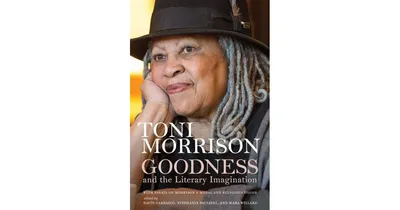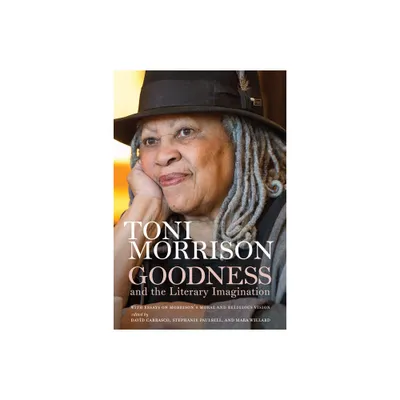Home
Alimentary Orientalism: Britain's Literary Imagination and the Edible East
Loading Inventory...
Barnes and Noble
Alimentary Orientalism: Britain's Literary Imagination and the Edible East
Current price: $150.00


Barnes and Noble
Alimentary Orientalism: Britain's Literary Imagination and the Edible East
Current price: $150.00
Loading Inventory...
Size: Hardcover
*Product Information may vary - to confirm product availability, pricing, and additional information please contact Barnes and Noble
What, exactly, did tea, sugar, and opium mean in eighteenth- and nineteenth-century Britain?
Alimentary Orientalism
reassesses the politics of Orientalist representation by examining the contentious debates surrounding these exotic, recently popularized, and literally consumable things. It suggests that the interwoven discourses sparked by these commodities transformed the period’s literary Orientalism and created surprisingly self-reflexive ways through which British writers encountered and imagined cultural otherness. Tracing exotic ingestion as a motif across a range of authors and genres, this book considers how, why, and whither writers used scenes of eating, drinking, and smoking to diagnose and interrogate their own solipsistic constructions of the Orient. As national and cultural boundaries became increasingly porous, such self-reflexive inquiries into the nature and role of otherness provided an unexpected avenue for British imperial subjectivity to emerge and coalesce.
Alimentary Orientalism
reassesses the politics of Orientalist representation by examining the contentious debates surrounding these exotic, recently popularized, and literally consumable things. It suggests that the interwoven discourses sparked by these commodities transformed the period’s literary Orientalism and created surprisingly self-reflexive ways through which British writers encountered and imagined cultural otherness. Tracing exotic ingestion as a motif across a range of authors and genres, this book considers how, why, and whither writers used scenes of eating, drinking, and smoking to diagnose and interrogate their own solipsistic constructions of the Orient. As national and cultural boundaries became increasingly porous, such self-reflexive inquiries into the nature and role of otherness provided an unexpected avenue for British imperial subjectivity to emerge and coalesce.


















